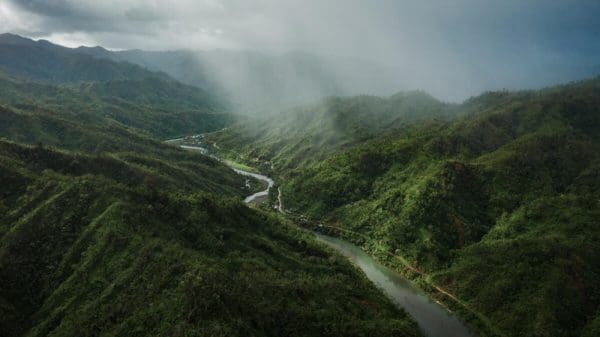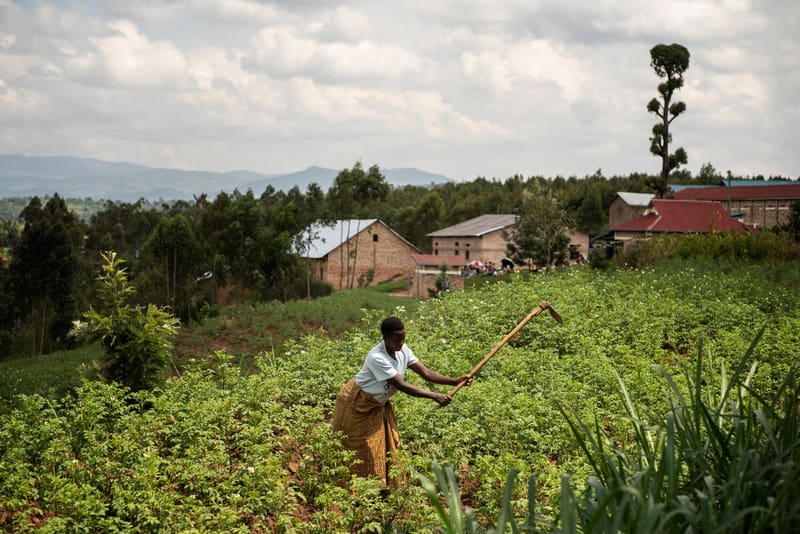
Rwanda
Since the 1994 genocide and collapse of the economy and social services, the government embarked on rebuilding the country and improving its quality of life through long- and short-term development programs.
Strained for resources
Rwanda has one of the highest population densities in Africa, where life expectancy stands at 64 years and households headed by women or orphans account for 36 percent of the population. The low-income country has a limited natural resource base, and agriculture is the main sector of the country’s economy—contributing to more than 33 percent of the national GDP and 80 percent of the total export revenue.
Rwanda was the first country to sign onto the Comprehensive Africa Agriculture Development Programme, confirming malnutrition and food insecurity as some of the government’s key priorities.
Rwanda is currently home to more than 74,000 Congolese refugees and more than 81,000 Burundian refugees, hosted in camps, reception centers and cities. With precarious security in the region, prospects for refugee repatriation in the near future have declined.
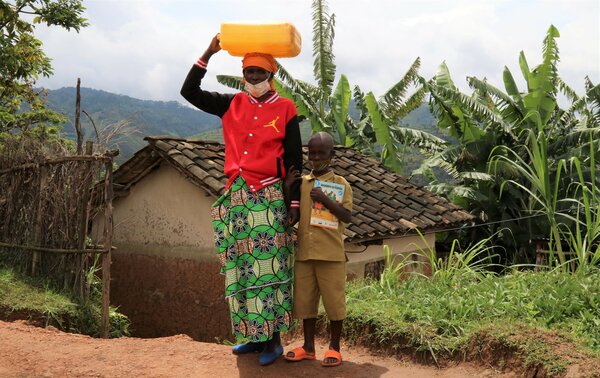
WFP’s Work in Rwanda
Present in Rwanda since 1975, WFP’s main priority is to provide food assistance to refugees, safety net assistance to the most vulnerable, and build national capacity to design and manage home-grown hunger solutions.
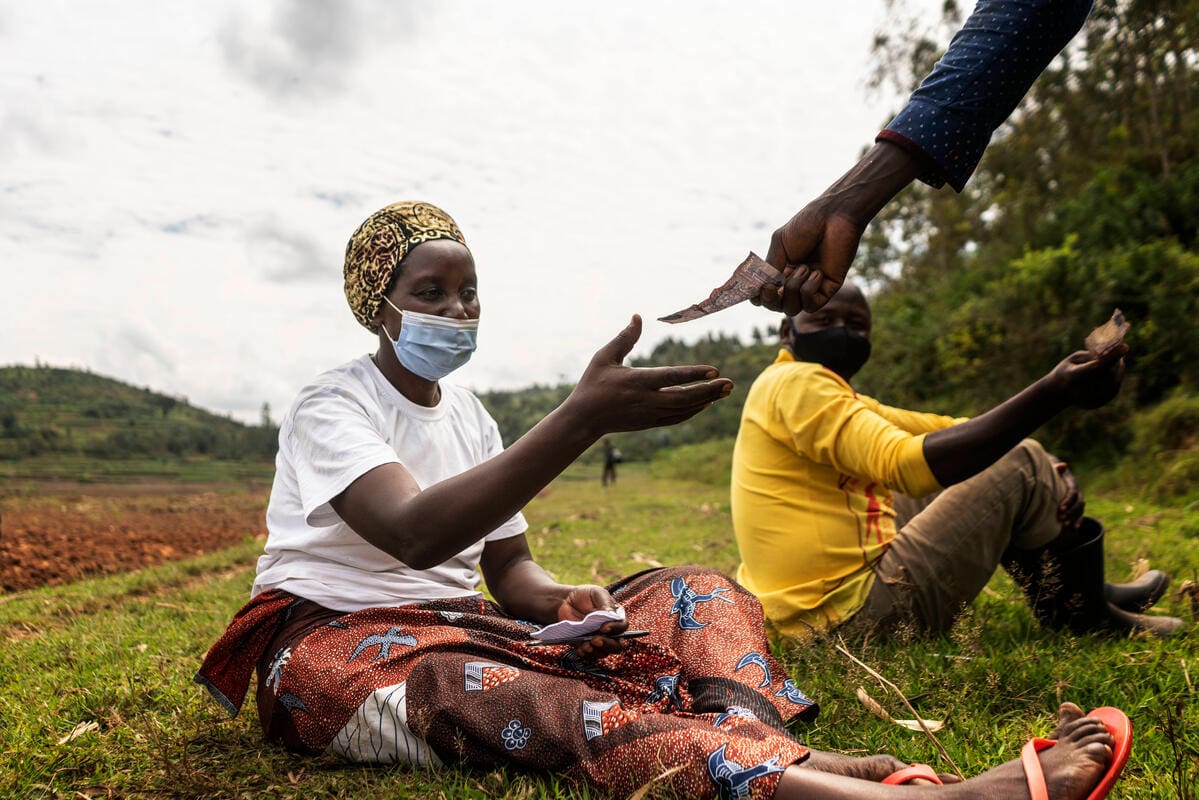
When disasters strike, we provide people with immediate food and nutrition assistance. WFP provides targeted cash-based transfers to over 127,000 refugees in five camps, so they can buy food of their choice. Rwandan refugees returning home are also supported, to help them re-integrate into their communities.

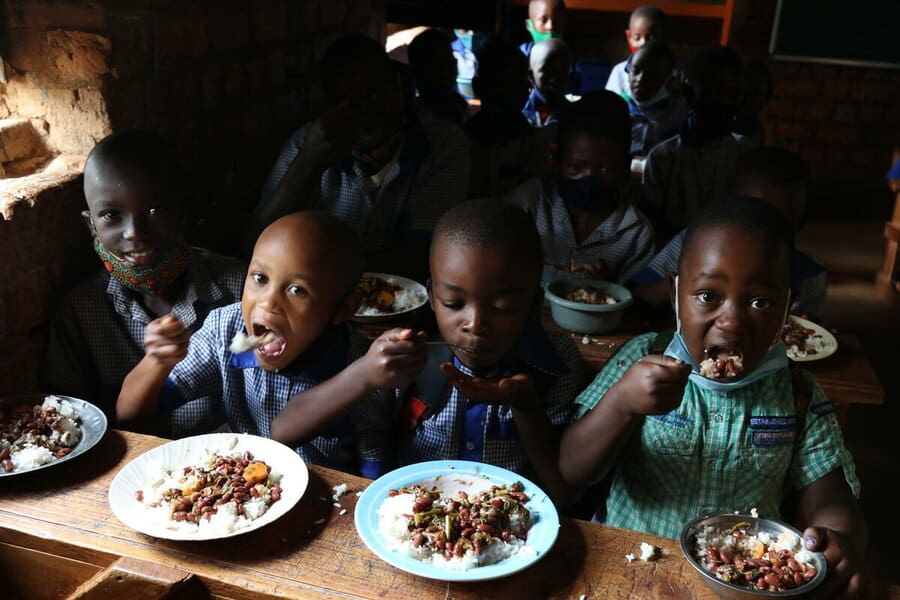
Nutritious school meals are provided to 117,000 pre-primary and primary students across 140 institutions in the country. WFP and its partners also implement complementary activities at the supported schools to enhance education outcomes among the targeted students.

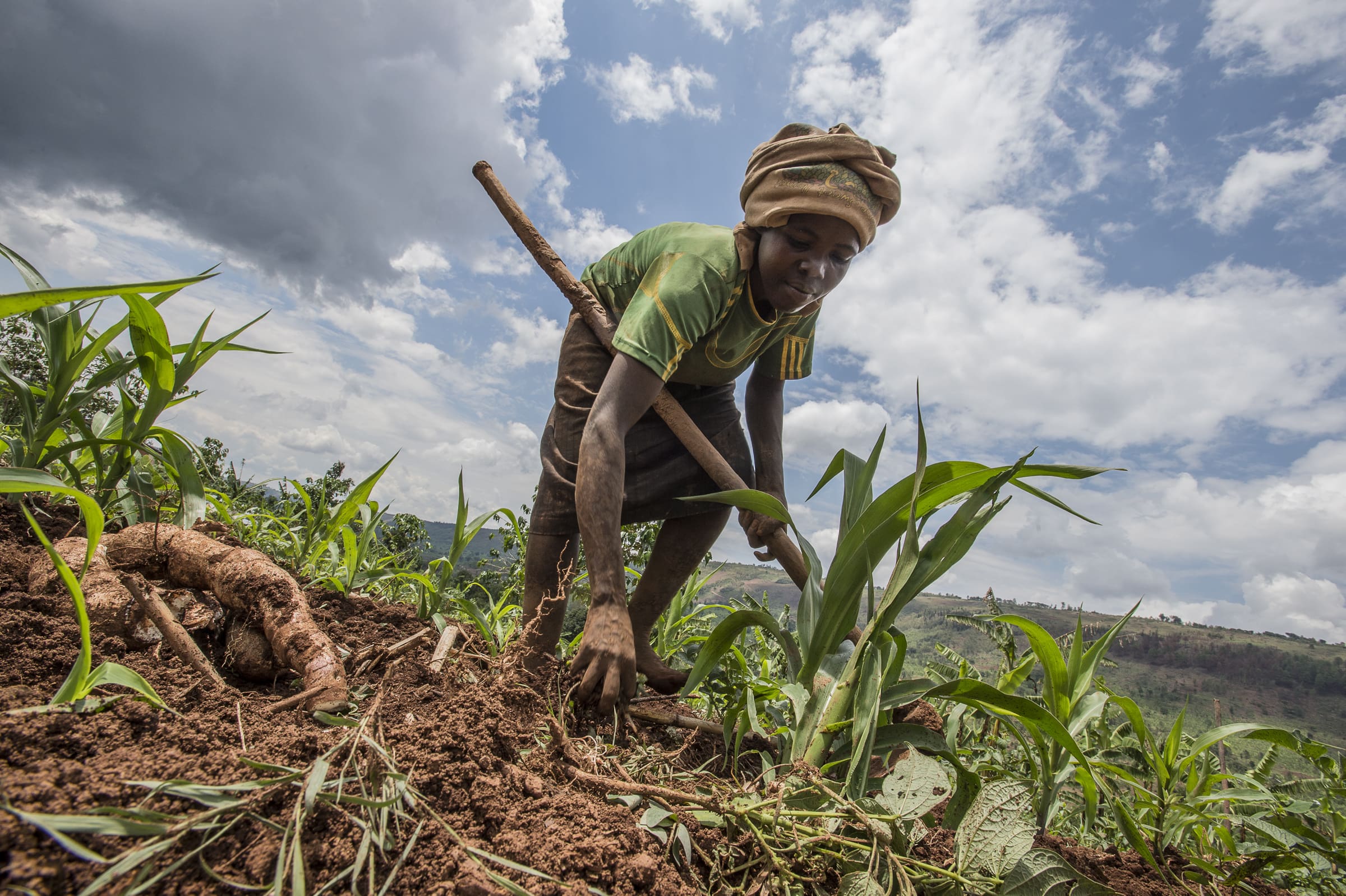
WFP works to help small-scale farmers, especially women, have increased supplies and access to markets. This includes strengthening small-scale farmer cooperatives, improving access to finance and predictable markets and implementing initiatives to reduce post-harvest losses

You Can Help Save Lives
When you donate, you help us deliver critical food relief to the most vulnerable people in Rwanda and other countries around the world. You can make difference in someone’s life – send food today.
News & Updates from Rwanda
Read the latest articles on hunger issues and WFP’s work in Rwanda.


